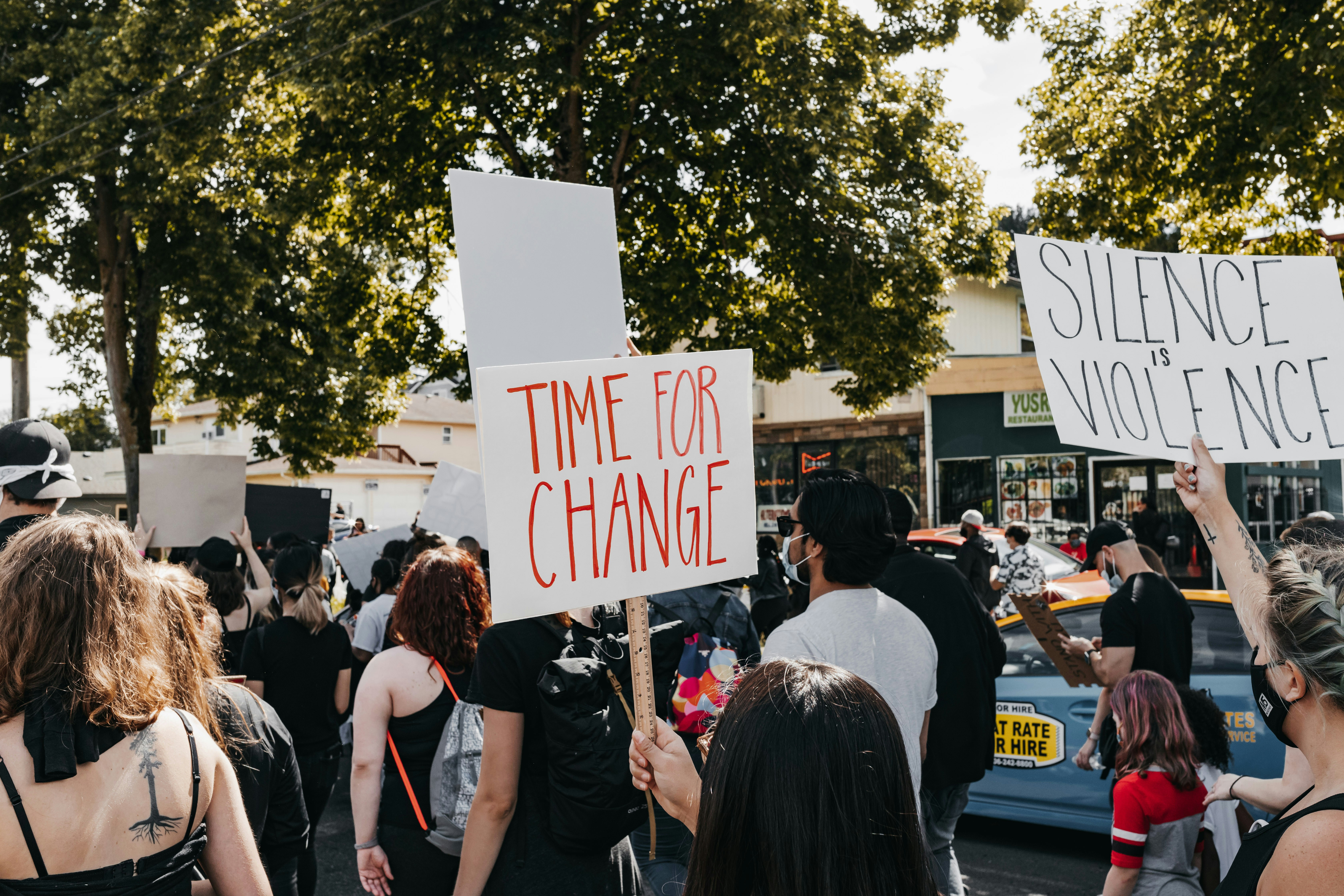The Emergence and Influence of Intentional Living in Modern America
In the fast-paced world of the 21st century, more Americans are seeking balance and fulfillment through a lifestyle known as 'intentional living.' A study of this phenomenon reveals a profound cultural shift and its implications on our societal fabric. Read below to delve into this unique trend that is subtly yet significantly altering modern America's social and cultural landscape.

Understanding the Concept
Intentional living is an emerging lifestyle that encourages individuals to consciously align their daily actions with their core values, goals, and beliefs. Stemming from the counter-culture movements of the 1960s, this concept has evolved over the decades, transforming from a niche philosophy into a mainstream mindset. Today, it permeates various aspects of society, including consumption patterns, environmental consciousness, and interpersonal relationships, among others.
The Rise of Conscious Consumption
One of the most observable manifestations of intentional living is in the realm of consumer behavior. More Americans are embracing conscious consumption, characterized by making more informed and ethical purchasing decisions. From favoring brands with ethical practices to reducing waste and prioritizing quality over quantity, these shifts indicate an increasing awareness and respect for the interconnectedness of our globalized world.
Environmental Stewardship and Sustainability
Intertwined with conscious consumption is the increased emphasis on environmental stewardship within the intentional living community. This focus is rooted in the understanding that our actions have a direct impact on the planet’s wellbeing. As a result, a rise in sustainable practices such as recycling, composting, and minimal-waste living can be observed, fueled by the desire for a healthier environment and a sustainable future.
Interpersonal Relationships and Community Building
Intentional living also extends to the realm of interpersonal relationships and community building. There is an increasing focus on nurturing meaningful relationships and fostering a strong sense of community. This emphasis on connection is a direct response to the isolation and disconnection often experienced in our technologically driven era. It signifies a longing for a more connected and authentic society.
The Broader Implications for Society
The implications of intentional living are far-reaching. This shift towards conscious decision-making and mindfulness can lead to a societal evolution characterized by empathy, sustainability, and balance. Moreover, by encouraging individuals to align their actions with their values, intentional living can foster a more authentic, compassionate, and respectful society.
As we continue to navigate the complexities of the 21st century, the emergence of intentional living offers a beacon of hope. It is a testament to our capacity for adaptation and growth, illustrating that we can shape our futures through thoughtful choices and actions. This trend embodies a quiet revolution, proving that significant societal change often starts with individual transformation. It is a reminder that we are not merely products of our society, but active participants capable of molding it into a more conscious, sustainable, and empathetic space.
In conclusion, the rise of intentional living reflects a shift in American society towards more conscious and value-driven lifestyles. This cultural trend has the potential to shape our societal landscape in profound ways, underscoring the power of individual actions in creating collective change. With each intentional choice, we are gradually redefining our societal norms and values, paving the way for a more mindful future.




